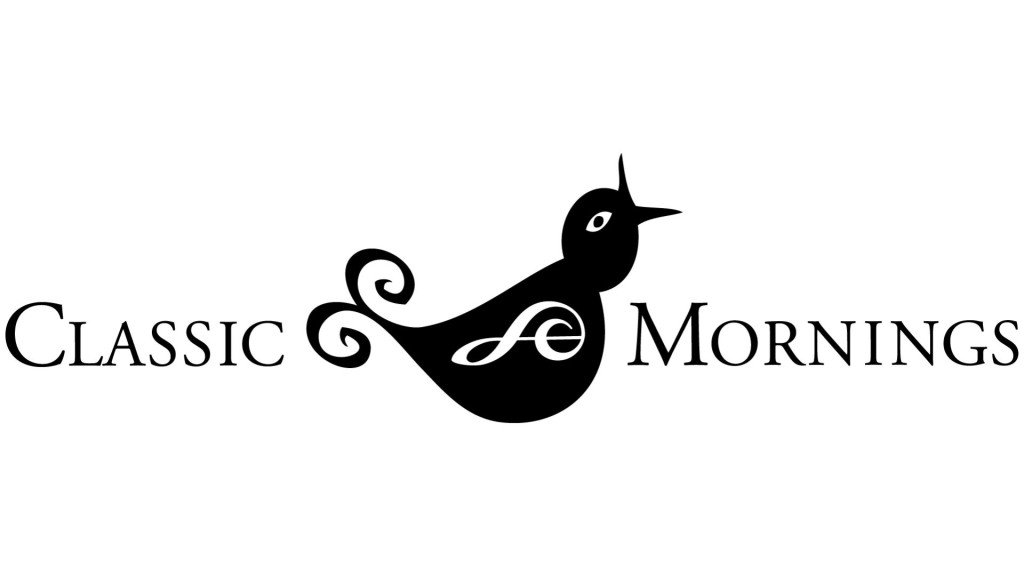Driver’s Ed

It was so tempting. I noticed that he had a master class online. I decided to catch a portion of it, since I couldn’t afford to spend an entire hour or so.
Looking more carefully, I saw that the duration of the video wasn’t 1 hour, 6 minutes. It was 1 minute, 6 seconds. Are you wondering what I wondered? How in the world...? It turned out to be a sort of commercial for a boys school in South West London, even though it was billed as a master class with British pianist Danny Driver.
It turned out to be an interesting 1 minute, 6 seconds. There’s a soundtrack of a young pianist playing the entire time, and scenes of students at the piano with Driver listening and observing. There are sound clips with him speaking too. He introduces himself humbly: “I’m Danny Driver. I play the piano.” Oh, that he does, though not in the video.
What made it especially memorable was something he says, which seems appropriate for radio as well: “...becoming a skilled musician trains you to listen.” He goes on to say that “Listening is also a great life skill. And if you can really hear what people are saying, that’s the first step to making the world a harmonious space.”
Decades ago, I participated in a Public Radio workshop called “Writing for the Ear.” It was intended, primarily, for producers of features. And it encouraged the use of everyday sounds in telling a story, rather than using only words. After hours of listening to radio documentaries, we were sent out to “capture” sounds for a project of our choosing, using portable cassette tape recorders equipped with stereo microphones and headphones.
It was fascinating to focus on the sounds I came upon. Then I realized I probably heard those sounds thousands of times. But I never really paid that kind of attention to them. That was a valuable lesson. After that experience, whenever I listened to radio features, it reminded me that I’m surrounded by a world of sounds and people speaking
Last week, I was reminded of a lesson in listening that children have the pleasure of learning at some point. It’s that discovery of how voices can echo in some rooms or halls. And if you shout, you can enjoy the effect, over and over and over. Eventually, children learn how to simulate an echo effect by repeating a phrase or word at a softer volume each time. It’s a simple little game. And it’s an early science lesson.
Over the centuries, composers have been fascinated with echoes too, probably from the time they were kids. And those who have written works for large churches or cathedrals have learned how to make the most of the echoes that occur in those spaces. If they’re not familiar with the acoustics, it could be a disaster, when music being played or sung competes with its echoing. And there are composers who have re-created the echo effects of large spaces, even in smaller spaces, by separating some players and having them perform at a distance - perhaps backstage or in a concert hall balcony.
I’m convinced that Vivaldi was a kid at heart. And he might have been influenced by the girls at the Ospedale della Pietà, where he taught string instruments, led the orchestra, and wrote music. Maybe they reminded him of some of the simple joys from his own childhood. I mentioned that last week before I played his Violin Concerto in A major, RV 552. It features an echo effect brought about by players set apart from the main ensemble. While I wanted the concerto to remind listeners of the fun of echoes, I didn’t want them to get bogged down in wondering why only some musical phrases are echoed in the concerto. I asked them to listen poetically, not scientifically, though there’s plenty of science in the inspiration and the instruments.
I listen not only to the music I play for you during Classic Mornings, and while you’re enjoying it. When I’m planning a program, I’m also trying to listen with the ears of an audience I’ve come to know over the years. I know you look forward to me keeping you company, and that you trust me to bring you music you’ll enjoy.
I want you to know that I’m thankful for the opportunity to be with you each weekday morning, not just as a program host, but as a listener as well. And I’m grateful for your support that makes it possible to bring you the classical music each morning! Oh, and by the way, as easy as it may have been to engage in endless and predictable word play on “Driver,” I chose to steer clear of that, for the most part.

